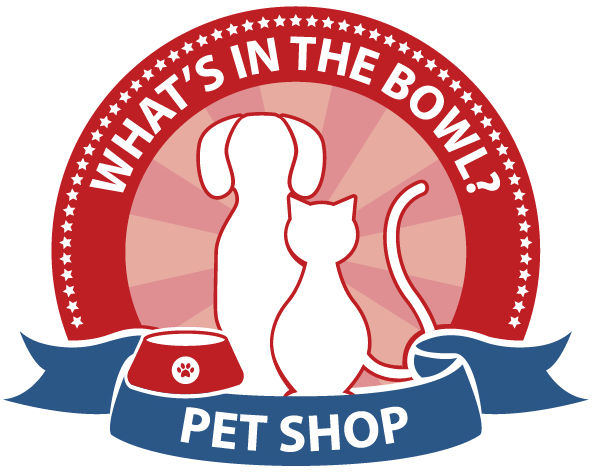We all have been told to brush and floss our human teeth more
often than we probably do. Humans have a choice to attend to our dental/oral
health, or not. Our pets do not have the same choices; only the choices we make
for them.
Dental/Oral disease is the #1 medical problem
diagnosed by veterinarians. By the age of two 80% of dogs and
70% of cats have dental/oral issues. Small dogs are more at risk; at one
year old 30% of small dogs are showing signs of bone loss.
HUMANS vs. CATS & DOGS
Dental/Oral disease in HUMANS and CATS & DOGS are linked to
many other serious illnesses.
Gingivitis or periodontal are complex diseases that limit our immune
systems ability to fight off other diseases. Like in humans dental/oral disease
can lead to serious heart, kidney & liver diseases and immune system
disorders. Furthermore, invading bacteria in the gumline can gain access
to the blood which can have even more devasting effects.
Our dogs and cats age much faster than humans and are affected
more rapidly by gingivitis and dental/oral disease. A cat or dog having dental/oral
disease for a year, is the same as a human having it for seven years.
Without proper attention, dental/oral issues like plaque buildup
and gingivitis can quickly lead to a more serious, painful and less manageable
dental/oral conditions called periodontitis and/or resorptive lesions.
If your integrated veterinarian recommends your cat or dog have
a medical dental/oral cleaning. DO IT! IT WILL PROLONG THEIR LIFE!
Prevention!
Prevention involves more than brushing your teeth (with a
non-toxic tooth paste made specifically for pets; as human tooth paste can
be harmful to pets) and providing appropriate chewing opportunities.
Many pet parents, caregivers and even some veterinarians, believe
dry/kibble food cleans teeth…this is an old wise/wives tale for two reasons. First, when humans eat something crunchy like
nuts, pretzels or granola it does nothing to clean our teeth. Second, unlike
our molars cats and dogs have pointed molars (take a look for yourself!), and
do not crush most of their food. Cats
and dogs chew very little of their food.
Dry/Kibble food does nothing to scrape plaque or tartar off of teeth. Unfortunately,
dry/kibble food is high in carbohydrates and starch which may contribute to dental/oral
disease in cats and dogs.
Reducing the carbohydrate intake of your pet will improve their
dental/oral condition. Most dogs and cats consume five to twenty times the
amount of carbohydrates than what is biologically appropriate or healthy.
Biologically appropriate and healthy chewing opportunities are
the part of the solution. The greatest impact on dental/oral health for dogs
and cats is nutrition.
Diets rich with antioxidants and
micronutrients and low in carbohydrates are the ultimate solution for
preventing plague build up in cats and dogs.
To learn more about preventive, biologically
appropriate healthy chews, diets rich with antioxidants & micronutrients
and preventative supplements visit any What’s In The Bowl Pet Shop
location.

